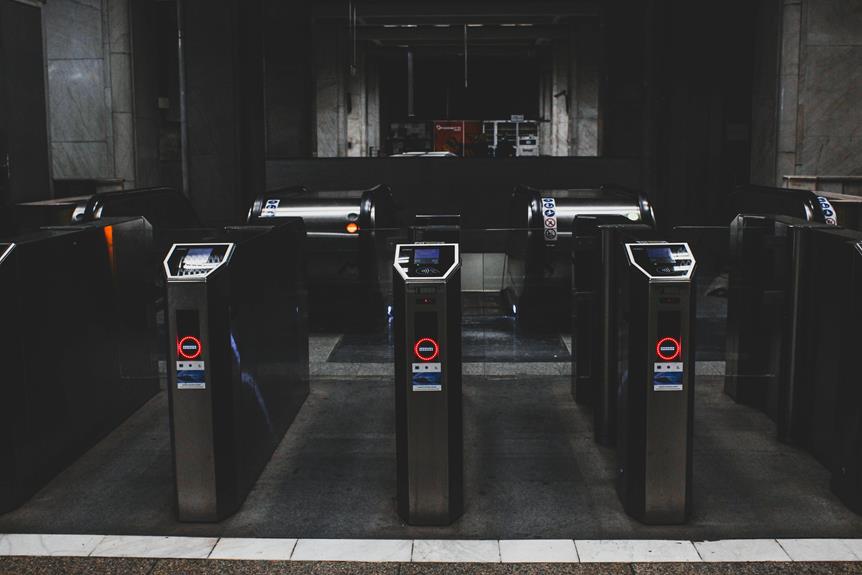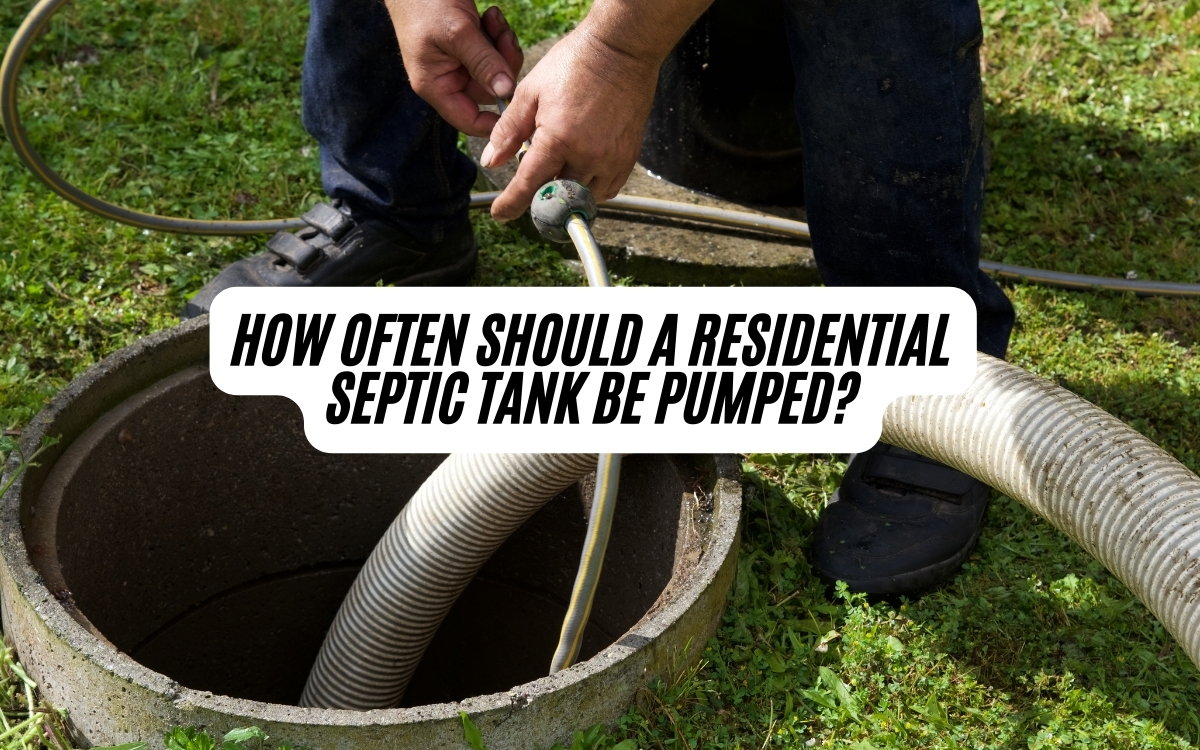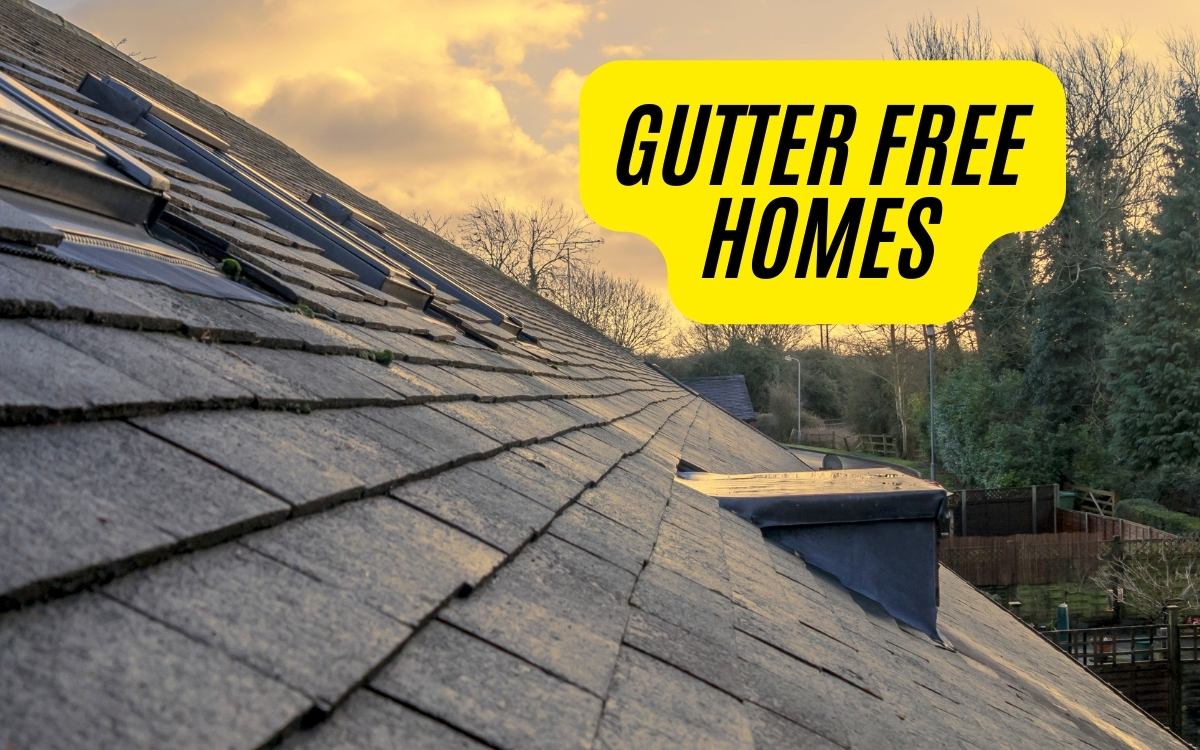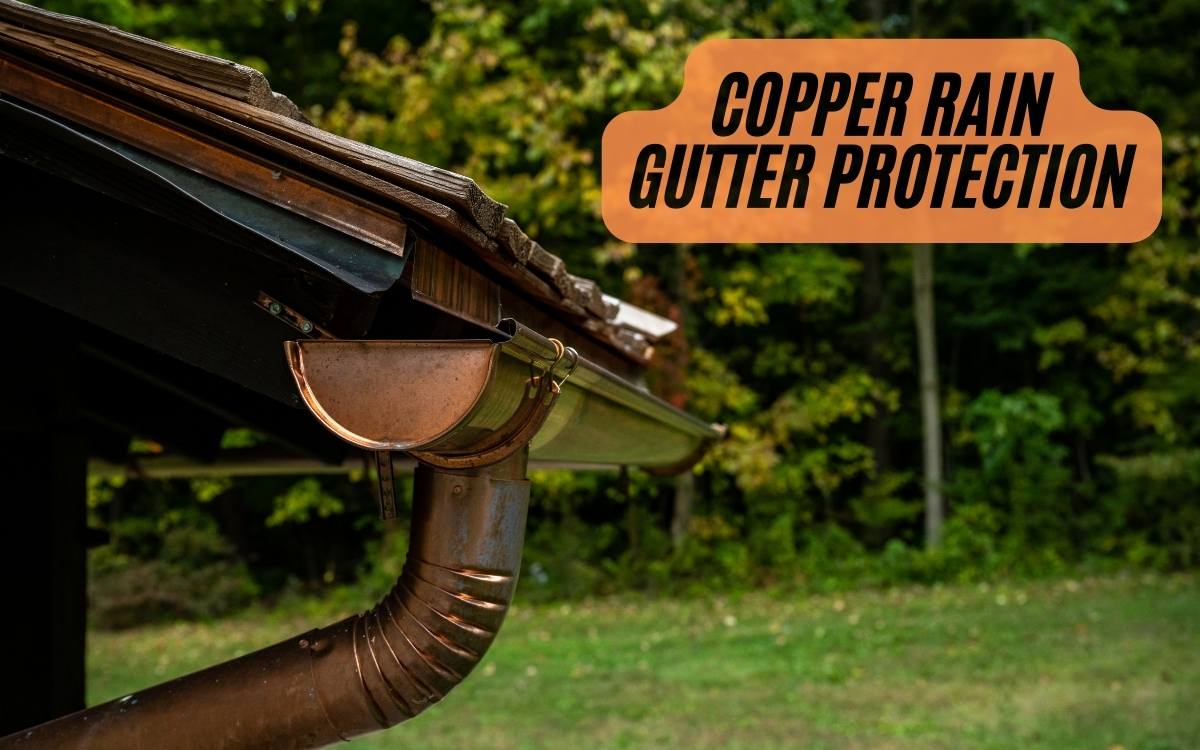GARAGE FLOORING SHOWDOWN: TOP PICKS REVEALED
Finding the perfect garage flooring can be overwhelming, but it all comes down to finding the ideal balance of durability, maintenance, aesthetics, and budget. With numerous options available, including epoxy coating, polished concrete, rubber, stone, and vinyl flooring, vital to weigh specific needs and priorities. From high-traffic garages to DIY-friendly installations, each option has its pros and cons. By weighing factors like durability, maintenance, and budget constraints, homeowners can narrow down their choices. To make an informed decision, paramount to scrutinize the top picks and understand what sets them apart – and that's where we begin.
Flooring Options Compared
When it comes to selecting the ideal garage flooring, homeowners are often faced with a plethora of options, each boasting its unique set of benefits and drawbacks.
Epoxy coating and floor paint offer durability and customizability, while polished concrete flooring provides an affordable and resilient option. Rubber flooring is comfortable and DIY-friendly, whereas stone flooring exudes a natural, yet expensive, aesthetic.
Vinyl flooring, on the other hand, is cost-effective and easy to install. Each option has its strengths and weaknesses, making it vital to weigh the pros and cons before making a decision.
Choosing the Right Fit
A well-chosen garage flooring solution can elevate the entire space, transforming it from a mere storage area to a functional and inviting hub.
To achieve this, bear in mind that deliberating your specific needs and priorities is crucial. Assess the level of traffic and use the garage will receive, as well as your maintenance preferences.
If you're looking for a unique aesthetic, stone flooring or epoxy coating may be the way to go. On the other hand, if budget is a concern, vinyl flooring or epoxy coating offer cost-effective options.
Top Picks Revealed
After weighing the various options and considering key factors, it's time to reveal the top picks for garage flooring.
For durability and aesthetics, polished concrete and epoxy coating take the lead. These options offer high durability, customization, and cost-effectiveness.
For comfort and flexibility, rubber flooring is a top choice, providing a comfortable and DIY-friendly solution.
For those on a budget, vinyl flooring offers an affordable and low-maintenance option.
Ultimately, the top pick depends on individual priorities and needs. By considering durability, maintenance, aesthetics, budget, and DIY capabilities, homeowners can liberate themselves from flooring frustration and find the perfect fit for their garage.
Flooring Considerations
With the top picks for garage flooring revealed, it's now important to weigh the finer details that can make or break the success of a flooring installation.
When considering the perfect flooring for your garage, it's vital to think about durability, maintenance, aesthetics, budget, and DIY feasibility.
For high-traffic garages, polished concrete or epoxy coating may be the best options, while epoxy coating or vinyl flooring are ideal for easy maintenance.
If you're looking for a unique look, stone flooring or epoxy coating can deliver.
Vinyl flooring and epoxy coating offer cost-effective solutions, and rubber flooring or epoxy coating are perfect for DIY enthusiasts.
Making the Decision
Beyond the initial considerations, making a well-informed decision about garage flooring requires a deeper plunge into the specific needs and priorities of the space.
Crucial to weigh the pros and cons of each option, considering factors such as durability, maintenance, aesthetics, budget, and DIY feasibility.
To simplify the decision-making process, ask yourself:
- What is my budget for the project?
- How much traffic will the garage floor endure?
- What level of maintenance am I willing to commit to?
Frequently Asked Questions
Can I Install Garage Flooring Over Existing Cracks and Uneven Surfaces?
When installing garage flooring over existing cracks and uneven surfaces, consider using interlocking rubber tiles or epoxy coating, which can adapt to imperfections, or opt for polyurea, a highly durable and flexible option that can conceal cracks and unevenness.
How Long Does It Take for Garage Flooring to Fully Cure and Dry?
The curing and drying time of garage flooring varies by type, with epoxy coatings typically taking 24-48 hours, polished concrete requiring 24-72 hours, and rubber flooring drying within 24 hours, while stone and vinyl flooring often require longer periods.
Are There Any Eco-Friendly or Environmentally Safe Garage Flooring Options?
When seeking eco-friendly garage flooring options, consider polished concrete, which is a natural, non-toxic, and sustainable choice, or opt for rubber flooring made from recycled materials, providing a comfortable and environmentally responsible solution.
Can Garage Flooring Be Used in Areas With High Humidity or Moisture?
In areas with high humidity or moisture, crucial to choose garage flooring that's resistant to water damage and humidity. Epoxy coating, polyurea, and vinyl flooring are suitable options, as they provide a barrier against moisture and can withstand humid conditions.
Are There Any Garage Flooring Options Suitable for Homes With Pets?
For pet-friendly homes, consider rubber flooring or epoxy coating with a textured finish to provide traction and ease of cleaning, while also resisting pet stains and odors.



